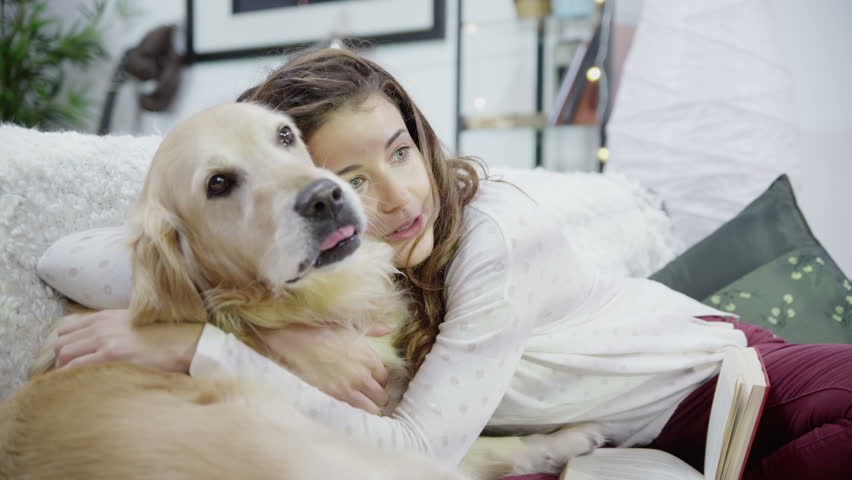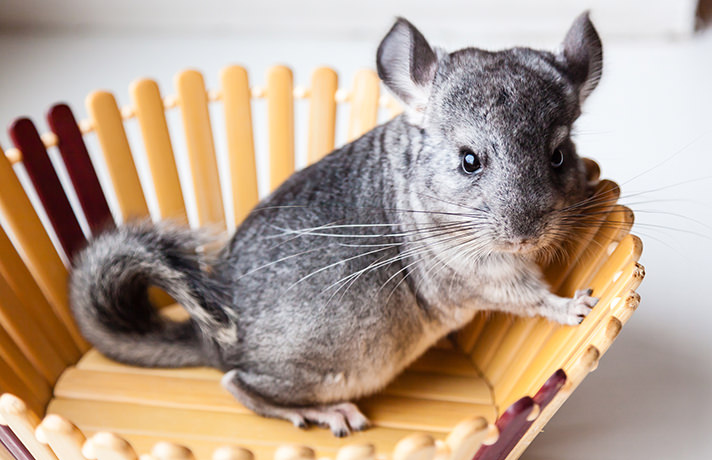Bipolar Disorder – Pets Can Be Good for Your Mental Health
Many people who suffer with bipolar disorder have seen the advantages of sharing their life with their pets. At times when they have been discouraged and the idea of talking or relating with another human being seemed like such a difficult challenge, the unconditional love and companionship of their pet has been a great comfort.
And while this in itself is a great benefit for animal lovers who suffer with bipolar disorder, there is still another great aspect of having a beloved pet in their life. During these lows of depression when a person with bipolar disorder has had thoughts of giving up, many times it has actually been their pet who has provided them the desire to continue on and work through the tough situation until they are again ready for some human interaction.
So what if you don’t have pets and can’t get one right at … Read More >>>












